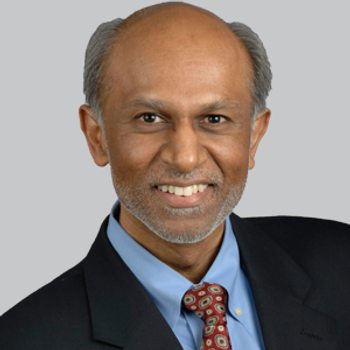
Taken together, the findings added to the growing evidence that widespread immunological and autonomic nervous system changes may contribute to long COVID.

Taken together, the findings added to the growing evidence that widespread immunological and autonomic nervous system changes may contribute to long COVID.
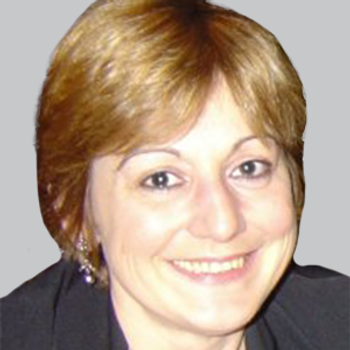
Findings showed that pediatric patients with narcolepsy who have had at least 2 components of metabolic syndrome may be at higher risk of future complications.
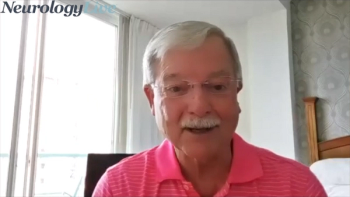
The medical director of SleepMed in South Carolina provided perspective on the importance of understanding the link between sleep disorders, poor sleep, and heart health. [2 minutes]
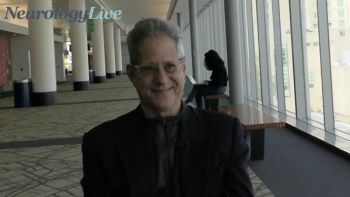
The CEO and cofounder of Amprion spoke about additional diagnostic uses of the αSyn seed amplification assay and its validation in the Parkinson's Progression Markers Initiative study at the 2023 AAN Annual Meeting. [WATCH TIME: 6 minutes]
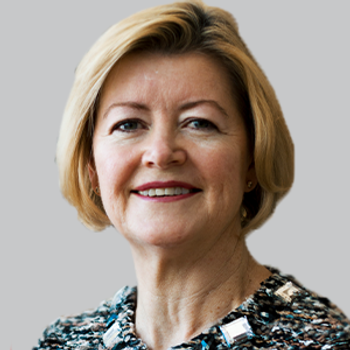
The approval was based on 2, positive phase 3 studies in which brexpiprazole-treated patients demonstrated a 31% greater reduction in frequency of agitation symptoms vs those on placebo.
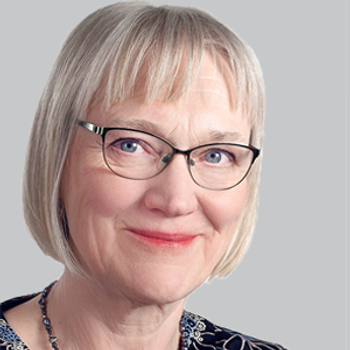
The strongest associations observed in the study were between microglial activation at the rim of chronic T1 hyperintense lesion and in the perilesional normal appearing white matter and serum neurofilament light.
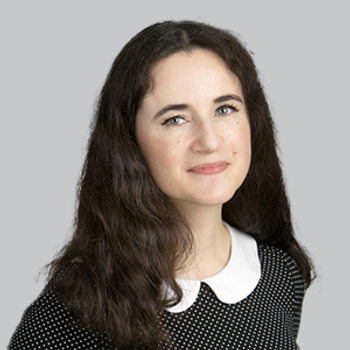
Findings showed that obstructive sleep apnea can cause early cognitive decline in middle-aged men even if they are healthy and nonobese.
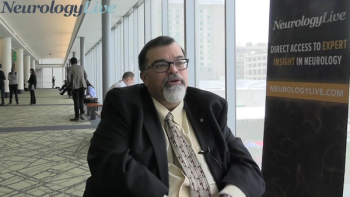
The chief scientific officer at Alzheon provided insight on the preliminary imaging findings of patients enrolled in the phase 3 APOLLOE4 study assessing ALZ-801 as a potential treatment for Alzheimer disease. [WATCH TIME: 3 minutes]
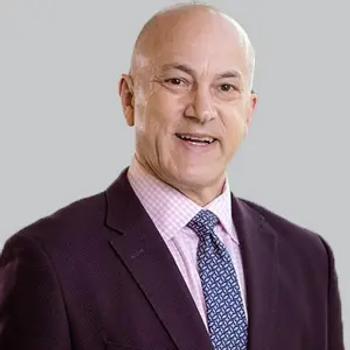
Jeffrey Bennett, MD, PhD, professor of neurology and ophthalmology at the University of Colorado Denver talked about inebilizumab for patients with NMOSD from the N-MOmentum trial.
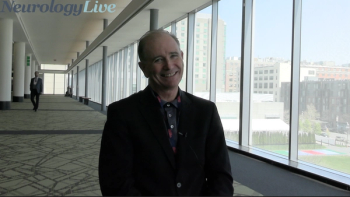
The chief executive officer and president of Study Metrics Research provided commentary on a large-scale analysis further demonstrating efficacy and safety of zavegepant, regardless of aura status. [WATCH TIME: 3 minutes]
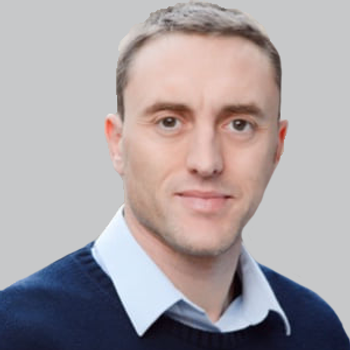
To date, the enzyme replacement therapy had been studied in a comprehensive clinical development program that comprised more than 140 patients with Fabry disease with up to 7.5 years of follow up treatment.
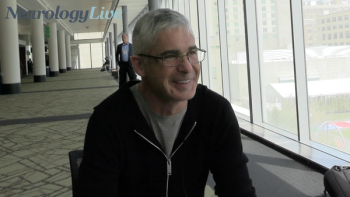
The senior vice president of research at Vaxxinity talked about research for a potential vaccine for migraine prevention presented at the 2023 AAN Annual Meeting. [WATCH TIME: 6 minutes]

The director of the Mayo Clinic Center for Multiple Sclerosis and Autoimmune Neurology provided perspective on a phase 3 study of patients with NMOSD in which no relapses were recorded while on ravulizumab.
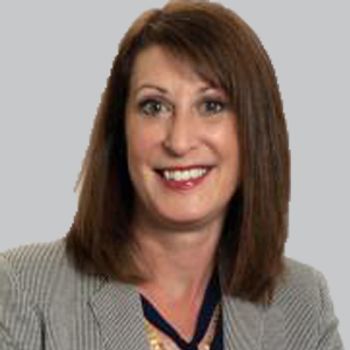
In transgenic mouse models, treatment with PMN310 resulted in preserved memory, to the extent that treated mice were indistinguishable from non-transgenic control mice.
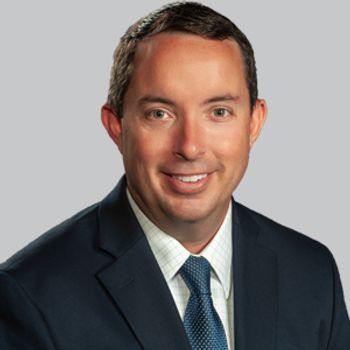
Nicholas Johnson, MD, MSci, FAAN, division chief of neuromuscular disorders and vice chair of research, Virginia Commonwealth University, provided insight on promising phase 1/2 data of AOC 1001 in myotonic dystrophy type 1.
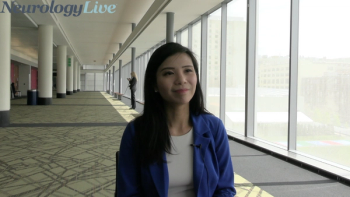
The associate professor of neurology at Mayo Clinic Rochester discussed specific findings from a simultaneous comparison of migraine medications in which certain treatments and classes were more effective. [WATCH TIME: 3 minutes]
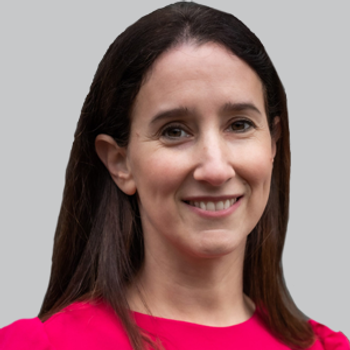
Poor higher order vision at baseline was associated with worsening cognition and increased probability of death, dementia, or frailty over 3 years.
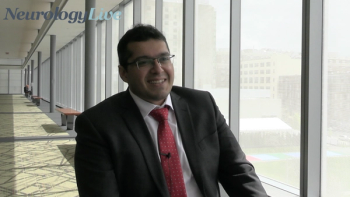
The assistant professor in the department of neurology at the Albert Einstein College of Medicine and Montefiore Medical Center talked about predictive models in Alzheimer disease for clinical trials. [WATCH TIME: 5 minutes]
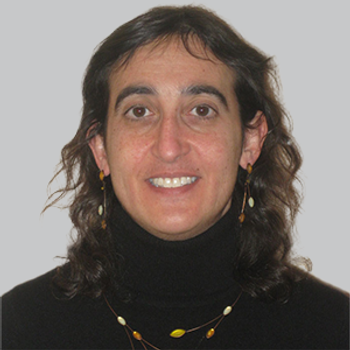
Melanie Leitner, PhD, consultant and founder of Accelerating NeuroVentures, talked about the findings from regimen D of the HEALY ALS platform trial assessing pridopidine.
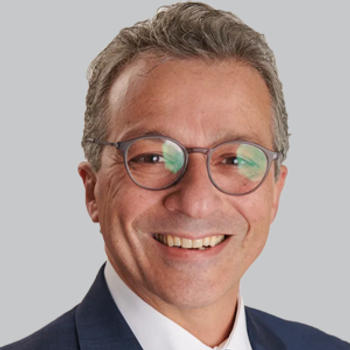
Digital technologies like the DCTclock are revolutionizing the way clinicians across all specialties can quickly assess for cognitive decline, an issue in today's aging society.
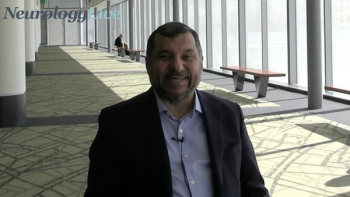
The director and chief research scientist at Tisch MS Research Center of New York talked about a phase 2 data study on stem cell treatment for multiple sclerosis that was presented at the 2023 AAN Annual Meeting. [WATCH TIME: 7 minutes]
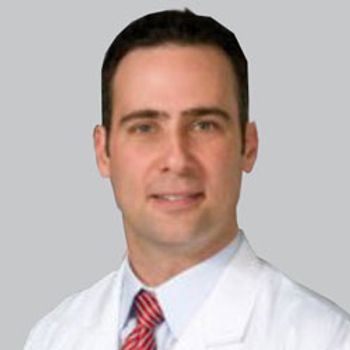
Although it showed better functional outcomes, endovascular thrombectomy for the treatment of stroke because of basilar-artery occlusion was associated with procedural complications and intracerebral hemorrhage.
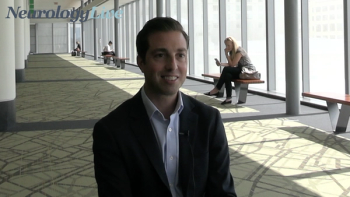
The director of the Mellen Center for MS at Cleveland Clinic talked about the ENSEMBLE study results that were presented at the 2023 AAN Annual Meeting. [WATCH TIME: 6 minutes]

Here's some of what is coming soon to NeurologyLive® this week.
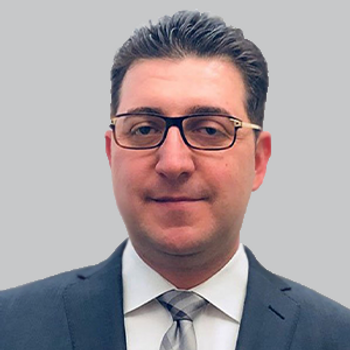
Although the incidence of symptomatic intracranial hemorrhage was low, 18% of the patients in the endovascular thrombectomy group had complications associated with the procedure.
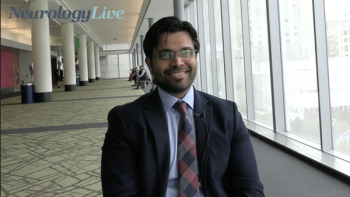
The assistant professor of neurology at Mayo Clinic spoke about understanding the phenotypes and epidemiology of autoimmune encephalitis at the 2023 AAN Annual Meeting. [WATCH TIME: 4 minutes]

Test your neurology knowledge with NeurologyLive®'s weekly quiz series, featuring questions on a variety of clinical and historical neurology topics. This week's topic is epilepsy and seizure disorders.
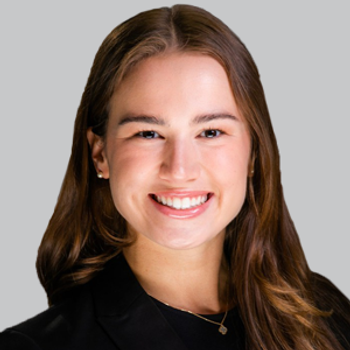
In a subgroup of individuals with secondary progressive MS, 50% of patients on mesenchymal stem cell-neural progenitor therapy improved muscle strength compared with 33% of those on placebo.

In addition to increased risk of dementia, focal epilepsy was associated with widespread structural brain change reflected by lower total hippocampal and total gray matter volume.
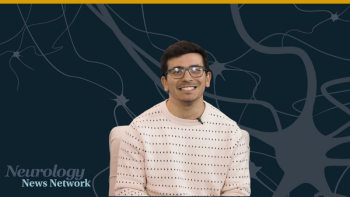
Neurology News Network for the week ending May 6, 2023. [WATCH TIME: 4 minutes]